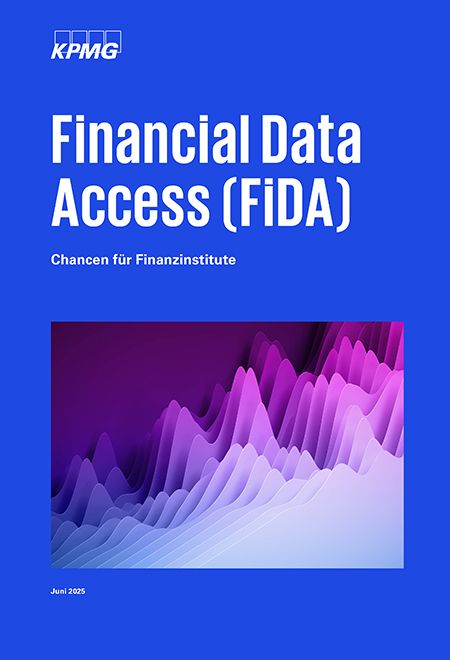After controversial discussions, it is now clear that the European Union's Financial Data Access Regulation (FiDA) will become a reality and will soon regulate the exchange of financial data between banks, insurance companies, FinTechs and other providers via standardised interfaces (APIs). The aim of the regulation is to create standardised framework conditions for access to customer data across all financial sectors, which represents a significant step towards open finance.
In our white paper, you will not only learn about the relevant legal and technical framework conditions of the regulation, but also find recommendations for action that we have derived for you so that you can prepare your company for the upcoming changes.
What is the FiDA?
Specifically, the regulation provides for customers to be able to decide for themselves in future which of their financial data they wish to make available to whom. With their express consent, it should be possible to transfer this data in a secure and standardised manner.
Data owners - including banks, insurance companies and other financial service providers - will be obliged to provide relevant customer data in a structured form. On this basis, data users such as FinTechs, InsurTechs or crypto platforms can develop new products and services that are tailored to individual customer needs.
The data involved covers a broad spectrum and ranges from creditworthiness information, existing loans and savings products to insurance and claims data. Changing car insurance, for example, can be made considerably easier through automated access to no-claims bonuses and vehicle data.
Strategic advantage instead of purely regulatory requirement
Executives should therefore not treat FiDa purely as a compliance issue, but as an incentive for innovation for the entire financial sector and their own company. Those who act early can develop new data-based business models, optimise internal processes and strengthen their own market position.
Key findings at a glance:
- Mandatory data exchange: Institutions must make customer data available in a standardised, secure and real-time manner via APIs.
- Rethinking customer centricity: In future, customers will be able to use dashboards to control which data is released for which services.
- High demands on data quality: Simultaneous compliance with data protection (GDPR), DORA and FiDA requires excellent data governance.
- Reputational and sanction risks: Violations can result in fines of up to 4.5 per cent of annual turnover - in addition to potential licence withdrawal.
Use our white paper as a starting point to position yourself in a market that is set to change dramatically
Knut Besold
Partner, Financial Services
KPMG AG Wirtschaftsprüfungsgesellschaft
Jens Siebert
Partner, Financial Services
KPMG AG Wirtschaftsprüfungsgesellschaft
Haie Wolfgang Lawrenz
Senior Manager, Advisory
KPMG AG Wirtschaftsprüfungsgesellschaft

Matthias Lüger*
Partner
KPMG Law Rechtsanwaltsgesellschaft
* The legal services are provided by KPMG Law Rechtsanwaltsgesellschaft mbH.


